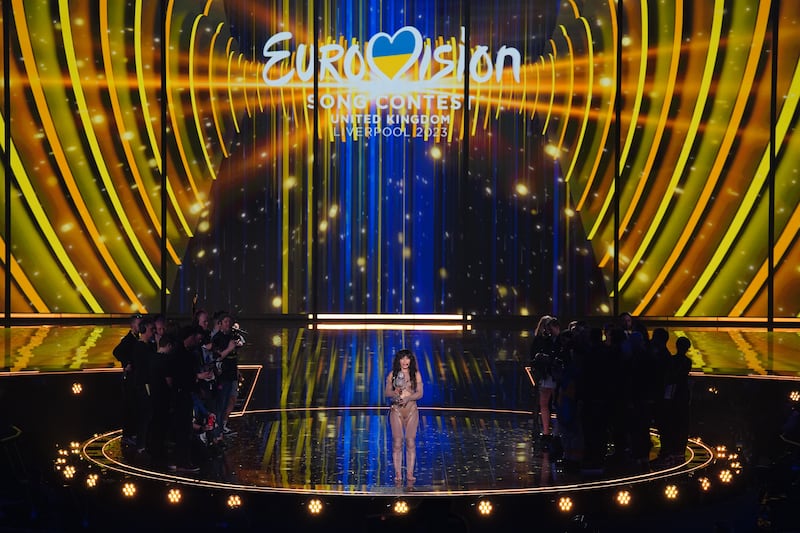The organisers of the Eurovision Song Contest have said that they will review the competition after some delegations “didn’t respect the spirit of the rules”.
The event at Malmo Arena in Sweden, where Nemo of Switzerland took home the trophy with the song The Code, was plagued by a number of controversies.
The European Broadcasting Union (EBU) said in a statement: “We regret that some delegations at the Eurovision Song Contest in Malmo didn’t respect the spirit of the rules and the competition both on-site and during their broadcasts.
“We spoke to a number of delegations during the event regarding various issues that were brought to our attention.

“The EBU’s governing bodies will, together with the heads of delegations, review the events surrounding the ESC in Malmo to move forward in a positive way and to ensure the values of the event are respected by everyone.
“Individual cases will be discussed by the event’s governing body, the Eurovision Song Contest Reference Group made up of representatives from participating broadcasters, at its next meeting.”
This year the competition saw disqualifications, pro-Palestinian protests and complaints by Ireland’s entry Bambie Thug.
The “ouija pop” star secured a sixth place finish in Ireland’s first grand final of the music event since 2018.
Bambie, who has been outspoken about their pro-Palestine views, accused the Israeli broadcaster, Kan, of a rule break and said they have been waiting to hear back from the EBU about what action would be taken.
The singer told journalists: “Kan the broadcaster incited violence against me twice, three times. We brought it up to the EBU. They said they follow up.”

The competition was also mired in controversy surrounding the participation of Israel’s Eden Golan, and a large group of demonstrators were outside Malmo Arena as the acts performed.
Several protesters were detained and taken away by police, including Swedish climate activist Greta Thunberg.
There was also controversy after the disqualification of the Netherlands’s contestant Joost Klein, who was stopped from taking part over an “incident” where he was alleged to have made verbal threats to a female production worker.
This move was strongly criticised by the Dutch broadcaster AVROTROS, who called the penalty “very heavy and disproportionate”.









